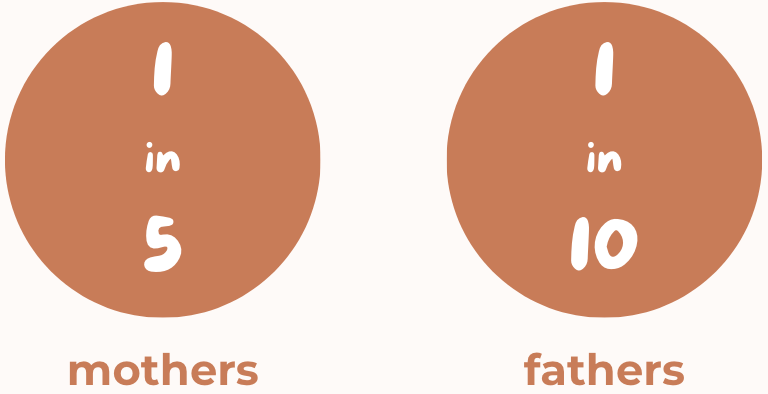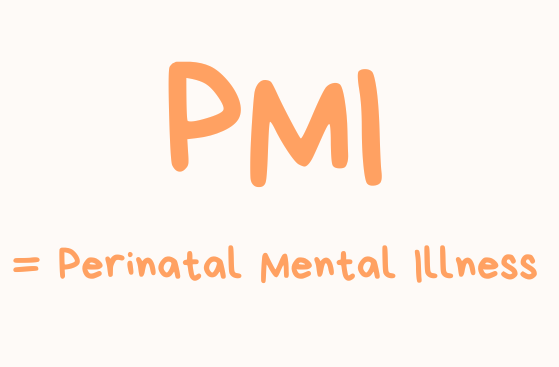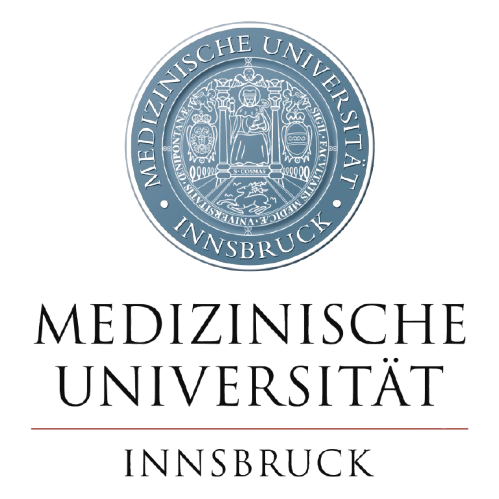
The challenge of parenthood
Becoming a parent is often considered one of the happiest moments in a person’s life. However, many new parents face challenges as they adjust to their new role and learn how to care for their precious baby while trying to create a positive environment for their early development. These changes and responsibilities, in addition to changes in self-identity and social networks, can lead to mental health problems in new parents.

Studies show that about one in five mothers and one in ten fathers suffer from a mental illness during pregnancy and in the first year of their baby’s life.

What are perinatal mental illnesses?

- from the beginning of pregnancy to the first year of life
- affects both mothers and fathers
- can occur suddenly & be exacerbated by difficult circumstances
- Transition to parenthood: significant changes in social relationships, networks, roles, and attachment dynamics, especially after the birth of the first child
- Higher prevalence of loneliness among first-time mothers
Many parents go undiagnosed, often because of fear of stigma or uncertainty about who to turn to. Services are fragmented, and there are limited opportunities to maintain the parent-child connection during treatment. If left untreated, PMI can lead to long-term emotional, developmental, and attachment problems in parents and children . It is important to seek help when coping becomes difficult.
This research project aims to identify gaps in care and improve early detection and access to services.

